Ⓒ 2023 Kyligence, Inc. All rights reserved.

Understanding the Importance of Tracking SEO Metrics
Tracking SEO metrics is crucial for online success. In today's digital landscape, where competition is fierce, monitoring these metrics plays a vital role in staying ahead. By tracking SEO metrics, website owners, digital marketers, and SEO professionals can gain valuable insights into their website's performance and make data-driven decisions. These metrics help identify areas for improvement and optimization, leading to enhanced website performance and increased organic traffic. Effective interpretation and utilization of SEO metrics allow you to understand your audience better, optimize your content strategy, and ultimately improve search engine rankings. With the ever-changing algorithms and evolving user behavior, mastering SEO metrics is essential for achieving long-term success in the online world.
Why Tracking SEO Metrics Matters
Tracking SEO metrics is not just a recommended practice; it is essential for the success of your online presence. By monitoring these metrics, you gain valuable insights into the performance of your website and can make informed decisions to improve search rankings. Let's explore two key reasons why tracking SEO metrics matters.
1. Measuring Website Visibility
One of the primary benefits of tracking SEO metrics is assessing your website's visibility in search engine results. By understanding how often your website appears in search results, you can gauge its overall visibility to potential visitors. This information helps you identify areas where improvements are needed to increase your website's visibility and attract more organic traffic. With this data, you can optimize your content, meta tags, and other elements that influence search engine rankings.
2. Evaluating Organic Traffic
Monitoring organic traffic metrics provides valuable insights into the effectiveness of your SEO efforts. Organic traffic refers to visitors who find your website through unpaid search results. By analyzing trends in organic traffic, you can determine which strategies are working and which ones need adjustment. For example, if you notice a decline in organic traffic for specific keywords or landing pages, it may indicate a need for content optimization or targeting a different audience segment. Understanding these trends allows you to optimize your content strategy and target the right audience effectively.
In summary, tracking SEO metrics matters because it enables you to measure website visibility and evaluate the effectiveness of your organic traffic generation efforts. These insights empower you to make data-driven decisions that lead to improved search rankings and increased organic traffic over time.
Key SEO Metrics to Monitor
To effectively track the success of your SEO efforts, it is crucial to monitor key SEO metrics. These metrics provide valuable insights into your website's performance and help you make data-driven decisions. Let's explore two essential SEO metrics that you should monitor closely.
1. Keyword Rankings
Tracking keyword rankings provides valuable insights into how well your website is performing in search engine results. By monitoring the positions of your target keywords, you can assess the effectiveness of your SEO strategies. Identifying changes in keyword rankings allows you to adjust your optimization techniques accordingly. If you notice a decline in rankings for specific keywords, it may indicate a need for content improvements or adjustments to your on-page optimization. On the other hand, an increase in rankings can validate the effectiveness of your SEO efforts and guide you towards further optimization opportunities.
2. Organic Click-Through Rate (CTR)
Monitoring organic click-through rate (CTR) helps you understand how often users click on your website's link when it appears in search results. A high CTR indicates that your website's title and meta description are compelling and relevant to users' search queries. Improving CTR can lead to higher organic traffic and better visibility in search engine results pages (SERPs). To enhance CTR, consider optimizing your meta tags by including relevant keywords and creating compelling titles and descriptions that entice users to click through to your website.
By monitoring these key SEO metrics - keyword rankings and organic CTR - you gain valuable insights into the performance of your website in search engine results. These insights allow you to refine and optimize your SEO strategies for improved visibility, increased organic traffic, and ultimately better online success.
Interpreting and Utilizing SEO Metrics
Interpreting and utilizing SEO metrics is crucial for optimizing your website's performance and driving desired actions. By analyzing these metrics, you can make data-driven decisions that lead to increased conversions, business growth, and improved search engine rankings. Let's explore two key SEO metrics that provide valuable insights into your website's effectiveness.
1. Analyzing Conversion Rates
Examining conversion rates helps you understand how effective your SEO efforts are in driving desired actions on your website. Whether it's making a purchase, filling out a form, or subscribing to a newsletter, tracking conversion rates allows you to measure the success of your optimization strategies. By identifying pages with low conversion rates, you can optimize them by improving the call-to-action (CTA), enhancing user experience, or refining your content strategy. Analyzing conversion rate data empowers you to make informed decisions that increase conversions and drive business growth.
2. Monitoring Bounce Rate
Tracking bounce rate helps you assess the quality and relevance of your website's content. Bounce rate refers to the percentage of visitors who leave your site after viewing only one page without taking any further action. A high bounce rate may indicate that visitors did not find what they were looking for or that the content failed to engage them effectively. By monitoring bounce rate, you can identify pages with high bounce rates and take steps to improve them. This could involve optimizing page load times, enhancing content quality, providing clear navigation options, or improving overall user experience. Reducing bounce rate not only enhances user satisfaction but also signals search engines that your website provides valuable content, potentially leading to improved search engine rankings.
By interpreting and utilizing SEO metrics such as conversion rates and bounce rates effectively, you can optimize your website for better user engagement, increased conversions, and improved search engine visibility. These insights enable you to refine your SEO strategies and create a more successful online presence.
Enhance Your Online Success with SEO Metrics
Tracking SEO metrics is not just about collecting data; it's about leveraging that data to make informed decisions and drive online success. By monitoring and analyzing these metrics, website owners, digital marketers, and SEO professionals can gain valuable insights into their website's performance and audience behavior. Utilizing SEO metrics effectively allows you to optimize your website, improve search engine rankings, increase organic traffic, and ultimately enhance your online success. In the competitive online landscape, mastering SEO metrics is essential for staying ahead of the competition and achieving long-term growth. Embrace the power of SEO metrics to make data-driven decisions that propel your website towards greater visibility, engagement, and success.
